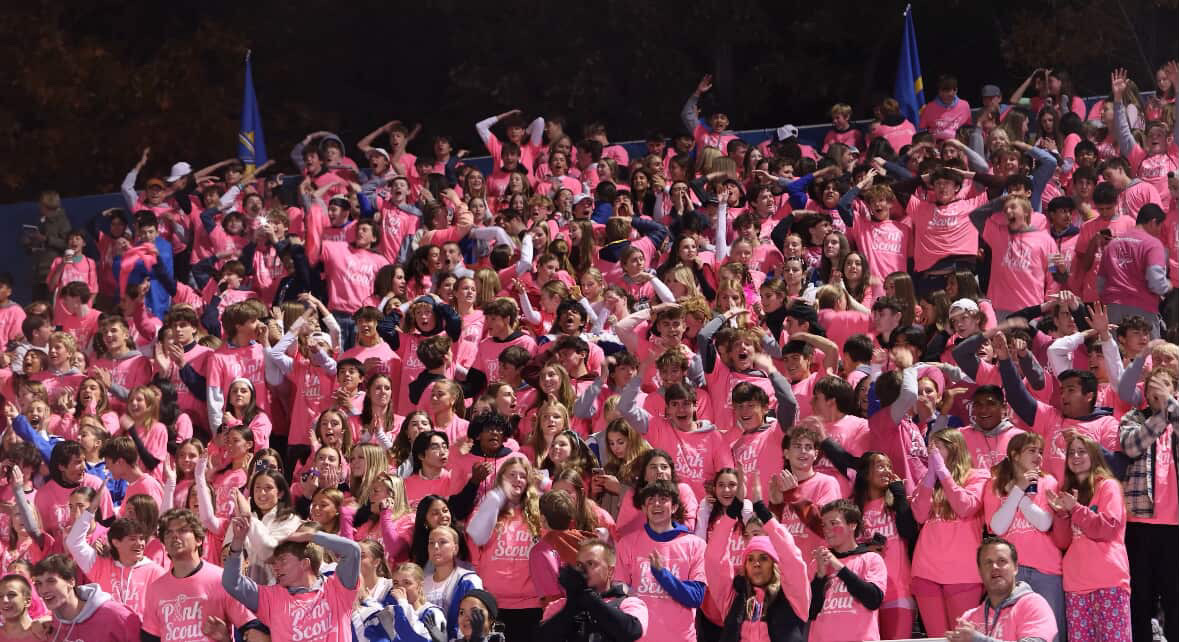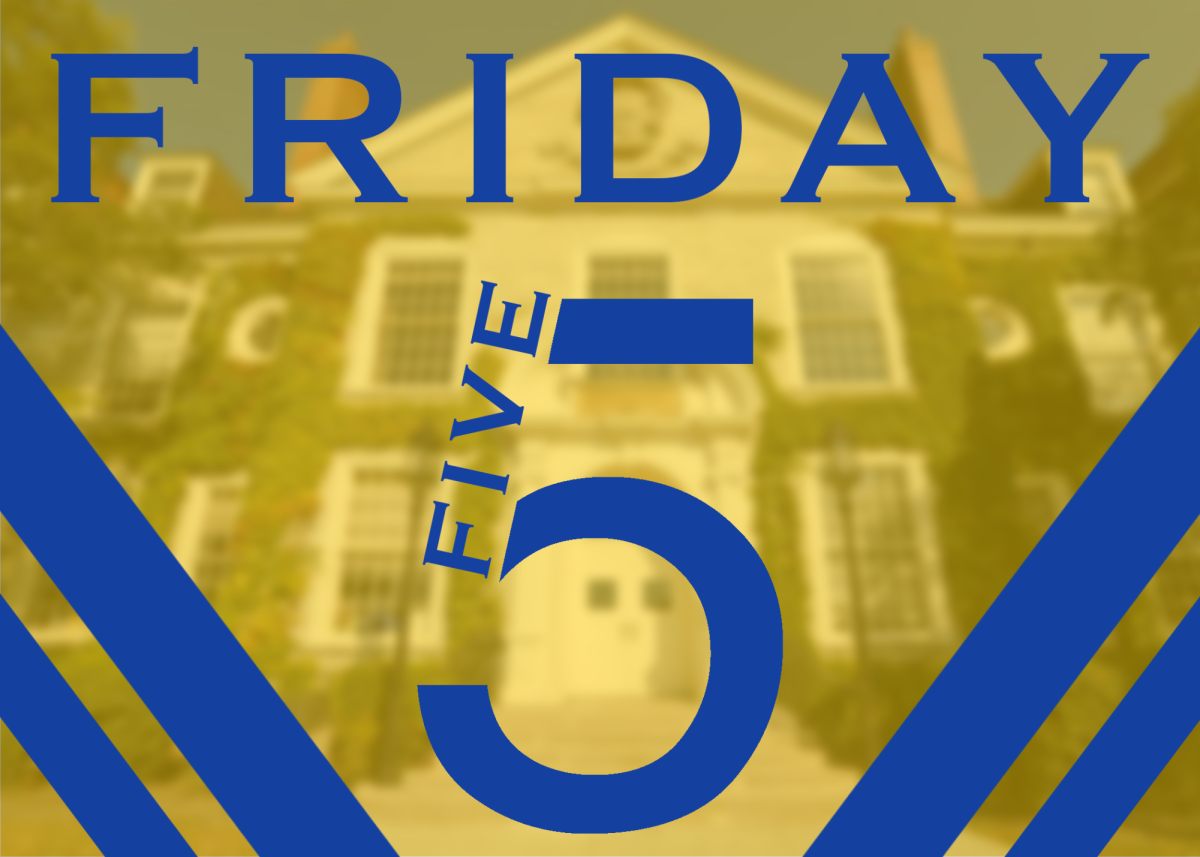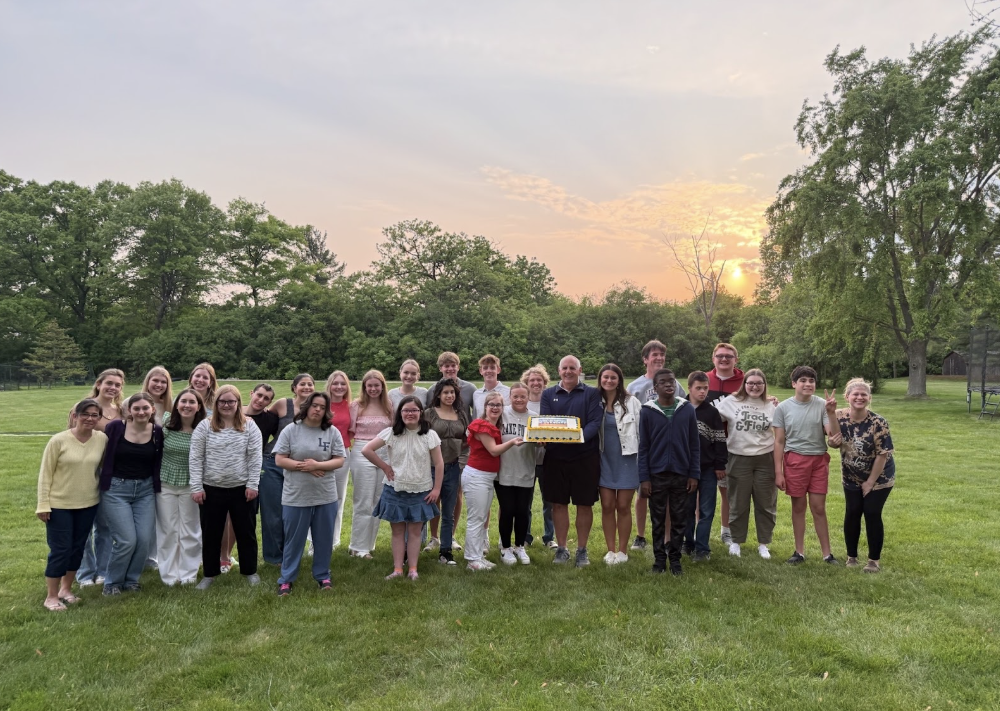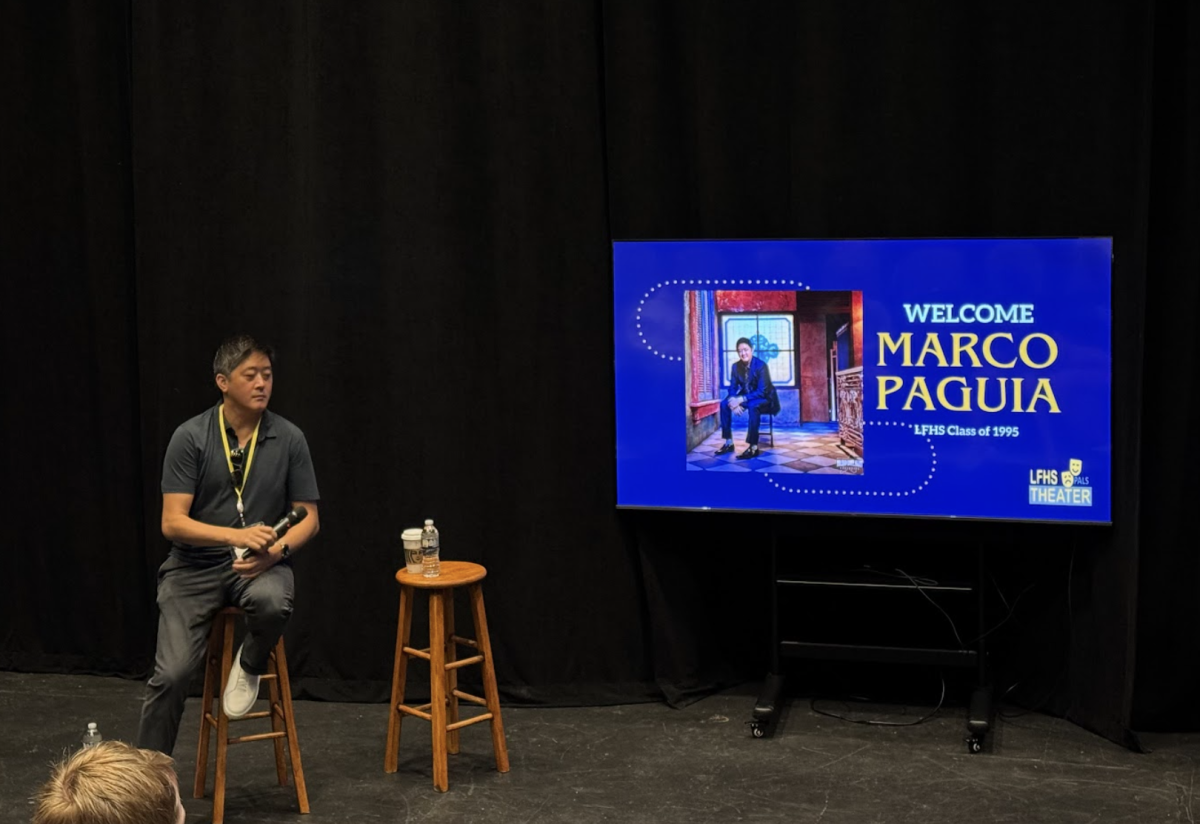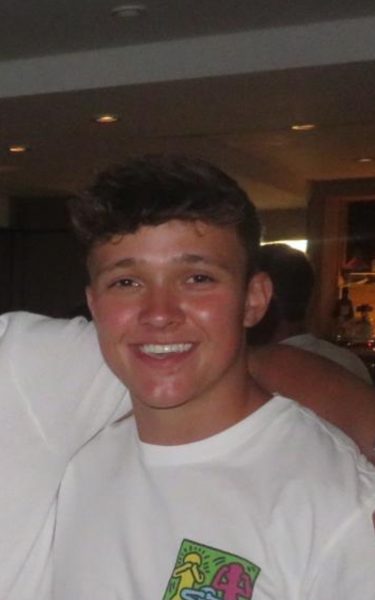Senior Paranoia, a game that has become one of the greatest high school controversies across the United States, has raised many questions and uproar from school administrators and police departments. It has also been a big topic of conversation inside and outside the doors of LFHS these past few weeks.
What about it? Basically everything. Are we sure it’s safe to play it? What’s the prize? How long should it run for? What happens if I do this? Do we still get the points? How is the playoff going to work? Why does it seem like points are appearing out of thin air? What happened with the seeding?
While it seems like a new storm of uncertainty, this is no different than how any other year of Senior Paranoia plays out. If anything, it’s better than the result of last year’s game, where the games were flat-out cancelled after the first few weeks.
“I was feeling overwhelmed with the game itself interfering with the work I do with LFHS, along with not knowing how to manage my peers,” said Student Body President and Paranoia Commissioner Kat Yakes.
Yakes is definitely not the first commissioner of the games to be overwhelmed by the workload. Last year, the combination of problems with scoring, bracketing, filming, and rule-breaking caused the commissioner to decide to cancel the games.
“I would change disputes about rules or calls. Teams can’t keep arguing that a bullet didn’t hit them once the call is final,” Yakes said.
The overwhelming outrage from the team every time she made a decision against them ultimately led to a leadership change from Yakes to senior Arjan Jawanda.
Excited for another way to become even more involved in the senior class, Jawanda was looking forward to taking over.
“I had a feeling it would be fun and something to do at the end of the year,” Jawanda said.
It wasn’t long before Jawanda started to feel the same wrath of angry seniors that Yakes dealt with.
“I’d say I spent about two hours a day messaging back and forth with people about kills. That doesn’t account for the time I spent arguing with people about the rules and interpretations of those rules,” Jawanda said.
Like Yakes, Jawanda is already tired of the time, attention to detail, and arguing that are required to run the game.
“Honestly, I wouldn’t do it again. The arguing back and forth with people is irritating and time-consuming. It’s not worth the stress,” Jawanda said.
Before the games ever set foot, the harsh reality of being the commissioner was apparent. A vote among the senior class on Nerf guns and water guns set rage among the senior class. The first set of votes revealed water guns to be the winner, but this would involve changing the tradition at Lake Forest of always using Nerf guns.
Yakes was forced to do a re-vote after the polling was filled with “burner accounts” from many seniors. In the end, the overwhelming roar from seniors led Yakes to choose to continue using Nerf guns. This early debate was a great indicator of all the disagreements to would later come in the future.
Despite all the obstacles that Yakes and Jawanda have had to deal with from their role as commissioners, Paranoia continues to be a polarizing tradition that most seniors continue to love.
The difficulties faced by the commissioners have raised the question of how the game can be improved for the future. Yakes and Jawanda both agree that the rules need to be clearer, and the pressure lies on who will lead Paranoia for next year’s senior class.




